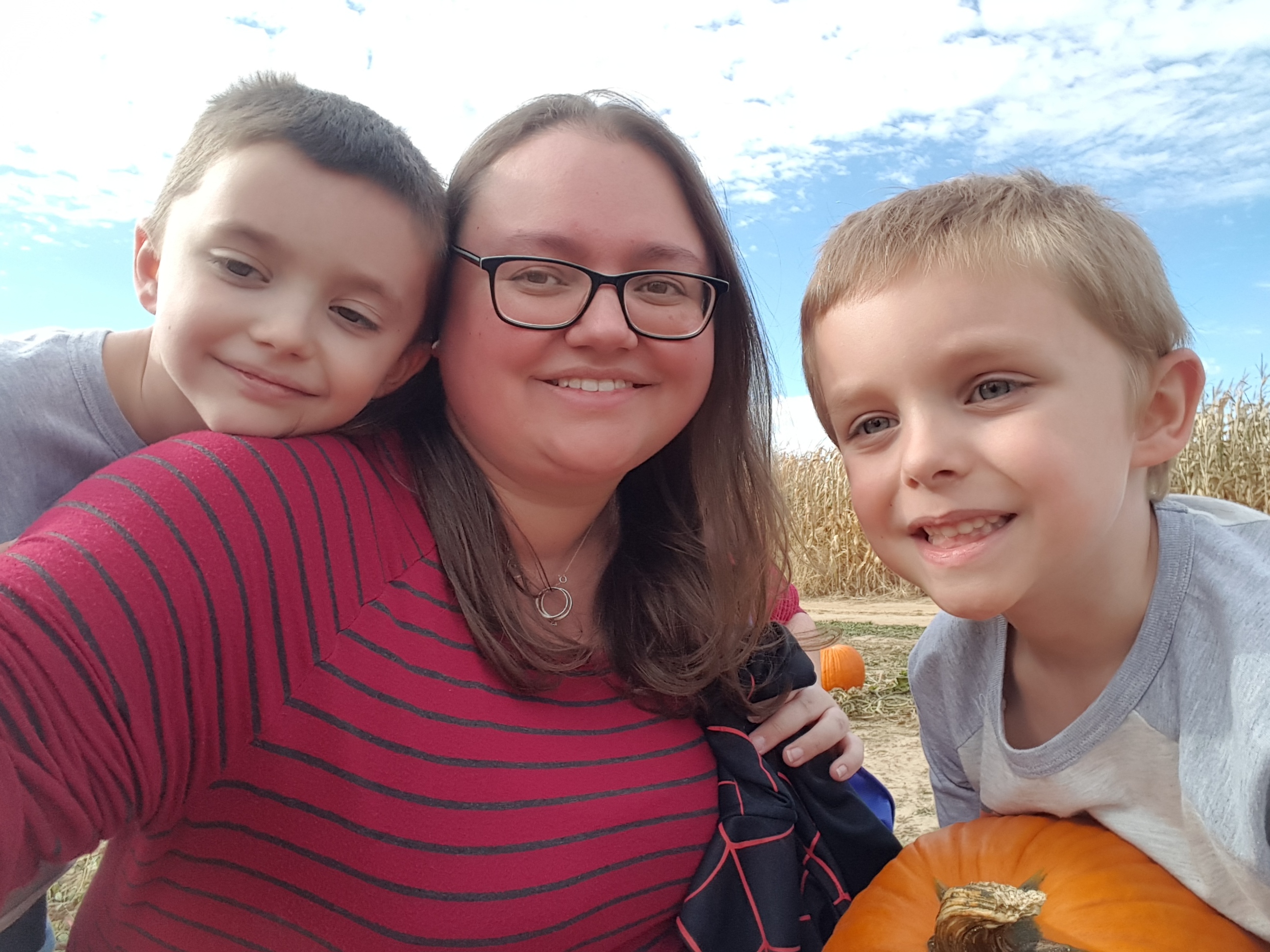Visualizing our Goals and the Steps that Follow
- Nina Brown

- Oct 21, 2019
- 3 min read
In response to my previous post where I touched on building Alex's confidence, I have put to together a visual board for Alex to focus on when he needs help eating.

My 1st goal putting this together is for him to remember that there are foods that he once ate not only with no fear but with passion.
My 2nd goal putting this together is for him to realize he can do it again.
So, our new mantra in our house is the following:
"I have done it before. I can do it again. Food is not the enemy."

By having this visual representation of where we've been and where we want to go, my hope is it will keep us on track. For the moments we struggle, to walk over and be able to see these images again and again... it should be a powerful motivator for us that the trouble is worth it by seeing his smiling face as he happily bites down on a waffle or takes a bite of yogurt. Visualizing our goals is only step one to reach our long term goals. The video at the end of the post below shows a pretty good outline you can use for keeping yourself on track to reach whatever goal you want to achieve.
1. Write down your goals and put them where you can see them everyday. We did this by putting the poster board with Alex's pictures on the side of our chest freezer in the kitchen.

2. Be patient. We are not going to be eating a steak dinner tomorrow night. This is going to take time. It might take us 6 months to add 1 food item to his diet. (I refer always back to my PediaSure post.) That has to be okay with him and with all of those that support him.
3. Make room for smaller goals on our way to the bigger ones. The end goal is to eat a healthy variety of foods. There is no question about that. But maybe this week we set a goal to lick a new food or to swallow one bite of a food on his poster board or maybe even we try a different brand of cookie. To get to the 2nd floor of our house, we have about 13 steps. Each one is just as important as the one before it if I'm going to make it to the top floor of my house. It's the only way we can get to where we are going is to take it one step at a time.
4. Celebrate your wins no matter how small. We celebrated just last week when Alex was faced with one of his crackers having a brown edge on it. Over the summer, he was refusing to eat because too many of them in the packages had this same edge. He let me break off just that edge of the cracker and proceeded to eat it. Whether you celebrate with a high five or letting them pick their favorite movie to watch, showing the excitement over the little things is a positive reinforcement to encourage them to keep going towards their next goal.
5. Roadblocks aren't failures but an oppurtunity to learn. We can’t sit back and worry about what didn’t work but instead concentrate on how to prevent the failure from happening again.
6. Listen to feedback of others. We are going to get feedback from others. Most of it we will probably want to completely blow off because how in the world can anyone but us know what we are going through. We have to keep in mind that what works for one may not work for others and that most feedback from onlookers is given with good intentions (most but certainly not all). While we may not incorporate all the feedback/advice we hear, we have to be open to the possibility that we can take something good out of the feedback we are given.
7. Work with a group of people who understanding what we are going through.
This disorder will make you feel isolated regardless if you are the ARFID sufferer or caregiver to one at some point. There’s no escaping that. We can make it easier by finding those like us that we can talk to when situations become overwhelming. It’s a weight off our shoulders when we have that safe place to talk. As much as I want to believe I understand where my son is coming from, I have to respect the fact that he may be more comfortable talking to someone who is going through the same things. I also have to respect that my concerns related to his eating may not be what he wants to hear and may cause more harm then good.


Commentaires